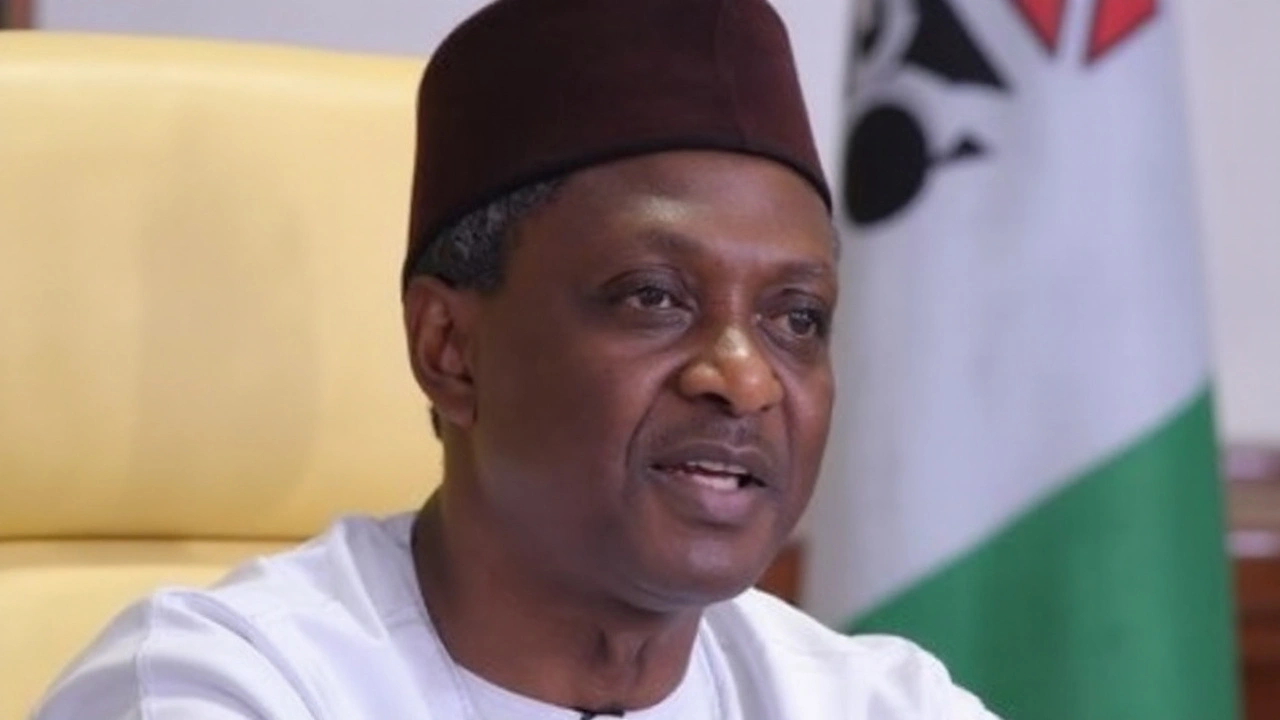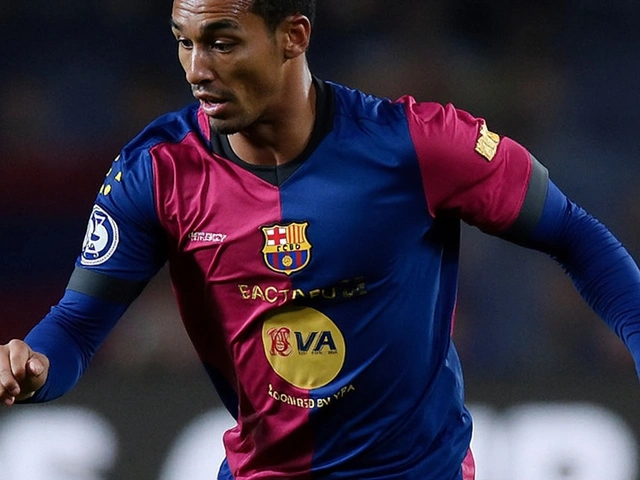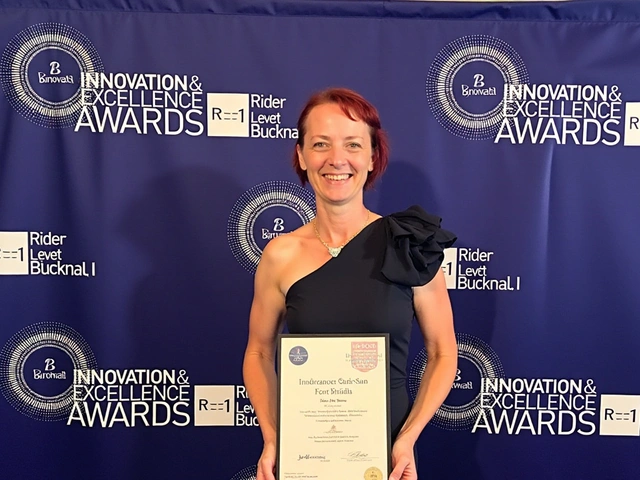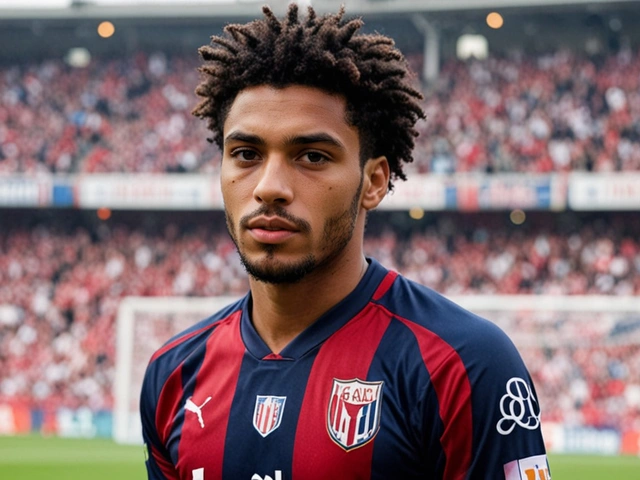Police summon raises the stakes in Kaduna’s tense political season
Kaduna’s political scene took a sharp turn this week as police summoned former governor Nasir El-Rufai and six senior figures of the African Democratic Congress (ADC) over allegations that include criminal conspiracy, incitement of public disturbance, mischief, and causing grievous hurt. The invitation, contained in a letter dated September 4, 2025, directs the state chairman of the ADC to present the seven men at the State Criminal Investigation Department (SCID) on September 8, 2025.
The letter, signed by Deputy Commissioner of Police (CID) Uzairu Abdullahi, says investigators are probing complaints lodged against the group and want them to clarify their roles. Police sources frame the move as part of efforts to keep order after a string of violent clashes linked to recent political meetings and by-election fallout. Party figures and opposition politicians, meanwhile, say it looks like selective enforcement aimed at silencing critics.
Those asked to report to the SCID alongside El-Rufai are a mix of former state officials and ADC leaders with deep roots in Kaduna’s political blocs:
- Bashir Sa’idu, former Chief of Staff to the governor
- Ja’afaru Sani, ADC North West chairman
- Ubaidullah Mohammed, known locally as “30”
- Nasiru Maikano
- Aminu Abita
- Ahmed Rufa’i Hussaini, also called “Mikiya”
Police did not disclose the full complaint or the evidence, but the timing is telling. Tensions have been building since by-elections where allies of El-Rufai were routed, sharpening a public break with his successor, Governor Uba Sani. The rivalry spilled into the open around ADC activities in Kaduna, culminating in a chaotic weekend.
Last Saturday, a meeting to inaugurate an ADC transition committee in Kaduna reportedly ended in violence when thugs stormed the venue. Hours later, security operatives sealed the ADC state secretariat at No. 4 Ali Akilu Road, just before the party’s North-West leaders were due to visit and commiserate with members injured in the attack. That hard stop, coming on the heels of physical clashes, fed charges of intimidation from party loyalists and drew national attention.
The political shockwaves reached Abuja. Former Vice President Atiku Abubakar accused the Federal Government of intimidation and a widening pattern of harassment of opposition voices. ADC officials echoed that line, saying law enforcement is being used to constrain their organizing power in the North-West. The Kaduna police command rejects that framing and insists the summons is routine, not punitive—a standard step when a complaint alleges public-order crimes.
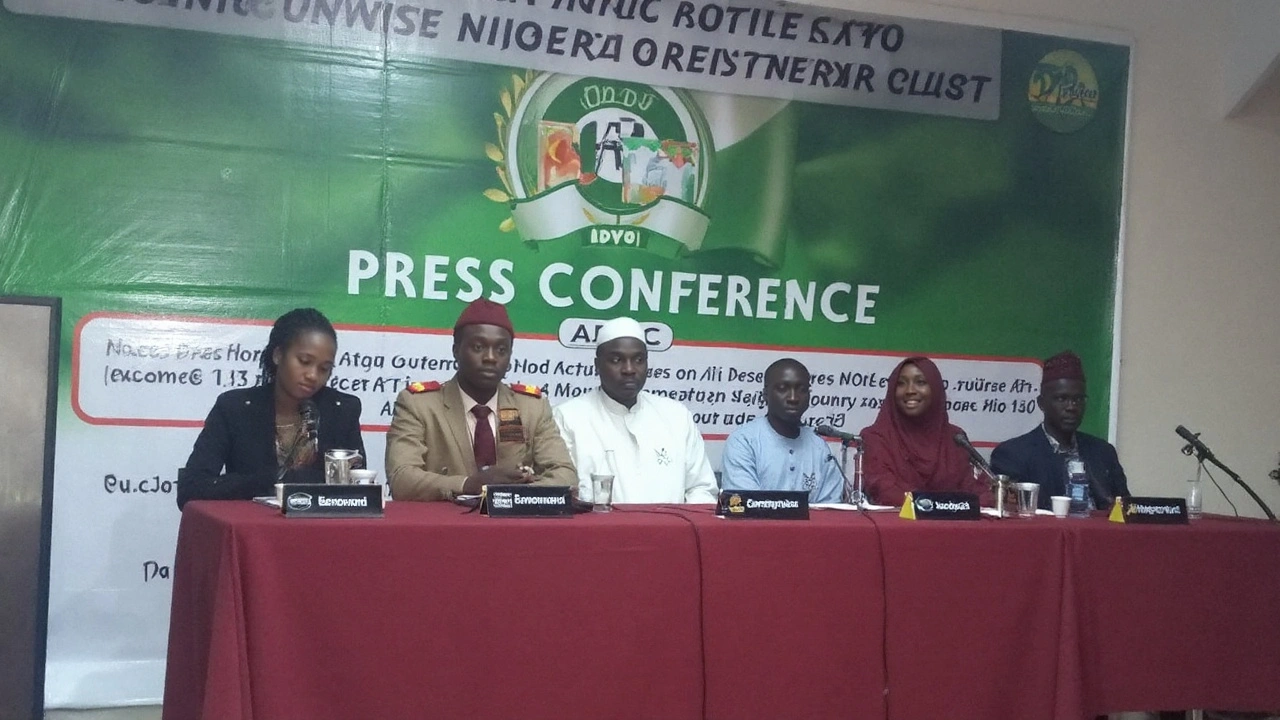
What the invitation means, the legal fight ahead, and what to watch
In Nigeria, a police invitation to the CID is not the same thing as an arrest warrant. It signals that officers want statements, documents, or clarifications, and that investigators may be weighing charges. People named in such letters typically appear with legal counsel. If officers believe a crime occurred, they can detain a suspect, take a fresh statement, and set administrative bail pending arraignment. If investigators find the complaints are weak or politically motivated, the file can go dormant or be closed.
The charges listed in the Kaduna letter cover a wide range of conduct. “Criminal conspiracy” and “incitement of public disturbance” are often invoked when gatherings spin into violence—or when speeches and mobilization allegedly push crowds toward confrontations. “Mischief” can cover damage to property. “Causing grievous hurt” points to serious injuries and suggests that complainants have medical reports or eyewitness accounts to support their claims. The real test will be whether police have independent corroboration that ties the named individuals to specific actions, not just to a political camp.
Beyond the station house, the fight is moving to court. ADC chieftain Yusuf Shehu Bello has filed an interlocutory injunction at the Federal High Court in Kaduna seeking to restrain the Inspector-General of Police, Kayode Egbetokun, and the Kaduna State Commissioner of Police from suspending, disrupting, or interfering with political meetings in hotels or other public venues. If the court grants interim relief, police would have to tread carefully around party events while the substantive case is heard.
There’s a long-running tension in Nigeria between the right to peaceful assembly and the police mandate to maintain public order. Courts have repeatedly affirmed that citizens do not need prior police permits to meet or protest peacefully. In practice, though, police often cite public-order concerns to halt or disperse gatherings when there’s a credible threat of violence. Kaduna has a history of crowd-control flashpoints, which makes the legal boundaries even more important and the optics even more sensitive.
For the ADC, the stakes are immediate. Sealing a party office, even temporarily, disrupts planning, demoralizes volunteers, and signals to donors and allies that the environment is hostile. For the police, the priority is to show that they can prevent another weekend of street fights or property damage. That balance—protecting rights while averting chaos—is always hard, and even harder when political heavyweights are involved.
El-Rufai’s presence in the summons adds combustible fuel. As a former governor with a strong base and a long list of adversaries, any move against him triggers instant polarization. Supporters tend to see persecution; opponents read it as overdue scrutiny. The same goes for Governor Uba Sani’s camp, which is moving to assert control after the by-elections and consolidate the state party machinery. Whether this is law enforcement or political theater depends, in the end, on the evidence and the process.
What happens on September 8 will set the tone. If all seven men appear at the SCID with lawyers and the interviews proceed without drama, attention shifts to what the case file contains and whether prosecutors file charges. If they do not show, or if there are scuffles around the SCID, the narrative of escalation returns. Either way, the court’s view on the injunction could quickly become the most important piece of the puzzle: it would either put guardrails around police actions at party events or signal that the security concerns are weighty enough to justify narrow restrictions.
There are practical questions everyone in Kaduna is asking. Will the police unseal the ADC secretariat, and under what conditions? Will the party get security guarantees for future meetings, especially in volatile neighborhoods? Will investigators also invite or question those accused of leading the weekend attack on the ADC meeting, not just the political figures who called the gathering? Equal enforcement will matter for credibility.
There’s also the matter of public trust. Kaduna residents are tired of political brawls that spill into the streets and frighten businesses and families. Traders near Ali Akilu Road do not want another sudden lockdown. Hotel managers worry about bookings if party retreats or strategy meetings come with a risk of police tape and shuttered halls. For community leaders, the priority is to keep channels open—between parties, with the police command, and with civil society groups that can act as neutral monitors.
Politically, both camps have incentives to cool things down. The governor needs a stable security picture and a functioning economy. The opposition wants to organize, recruit, and hold meetings without interruptions. A quiet compromise—clear notice to police before gatherings, visible but non-intrusive policing, and a joint denunciation of thuggery—would help. It would also give the courts space to decide the injunction on its legal merits instead of amid sirens and barricades.
Still, Kaduna’s politics rarely stay quiet for long. The rivalry between former and current power centers is real, and neither side wants to look weak. That is why the next week matters. A transparent investigative process, no mass arrests, and a consistent rulebook for public meetings could calm the waters. Anything that looks like one-sided enforcement or a show of force will do the opposite.
Here’s what to watch in the days ahead:
- Appearance at SCID: Do all seven individuals attend on September 8, and are they interviewed and released on administrative bail?
- Courtroom action: Does the Federal High Court grant interim relief restraining police from disrupting political gatherings?
- Status of the ADC secretariat: Is the Ali Akilu Road office unsealed, and are conditions set for reopening?
- Parallel probes: Do police identify and question alleged organizers of the attack on the ADC meeting?
- Public messaging: Do top figures—including the governor, El-Rufai’s allies, and the police commissioner—issue coordinated appeals against violence?
The answers will tell Kaduna residents whether this is a legal process playing out as it should, or the start of a rougher phase in the state’s political contest. For now, the summons sits at the center of a bigger struggle: who gets to organize, who gets to be heard, and who is seen to control the streets.
